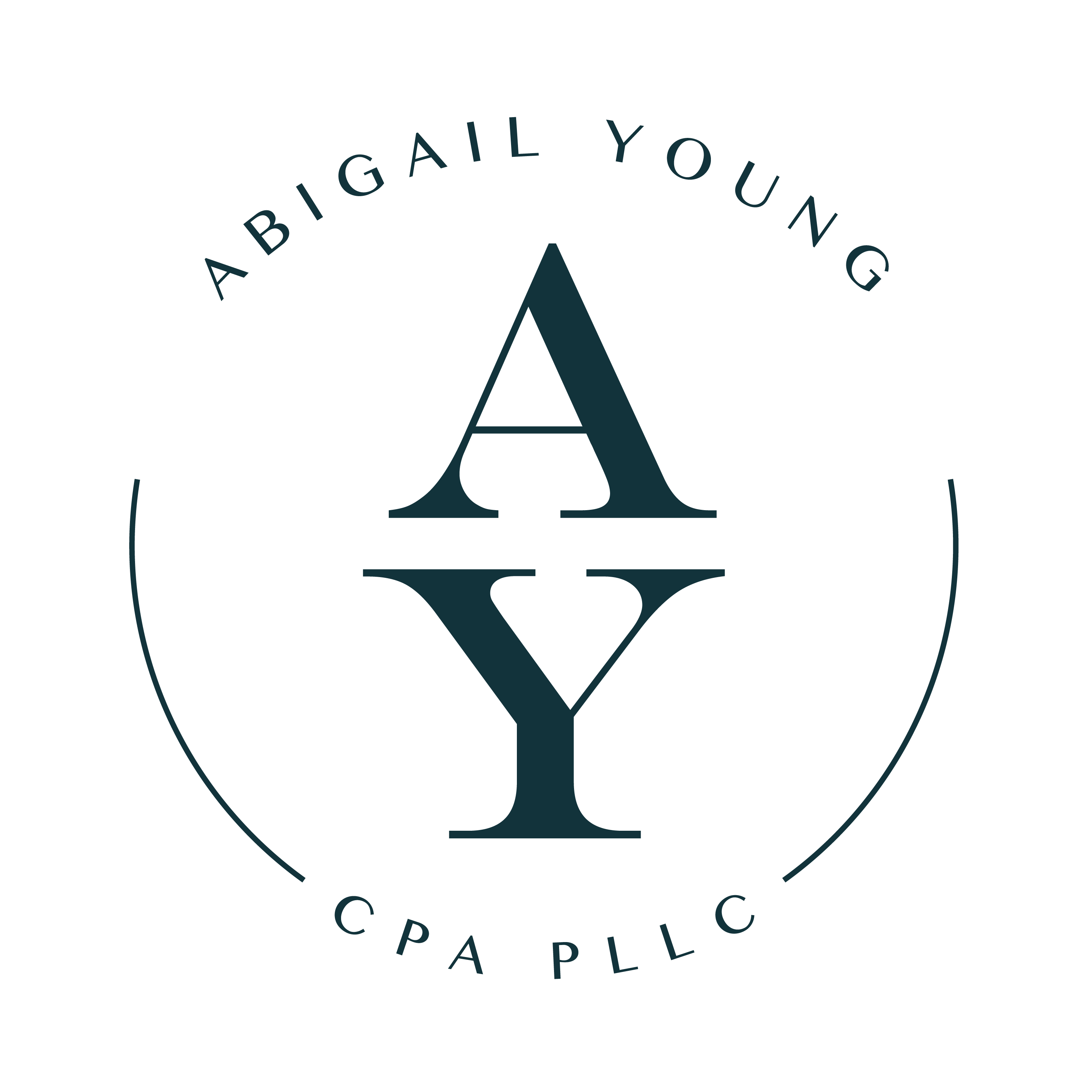Last Minute Tax Tips Before the Clock Strikes Twelve
It’s that time of year again; the middle of April is nearly upon us, and if you aren’t aware, that means tax due day. That means if you haven’t filed your taxes yet, you are starting to walk on thin ice.
At Abigail Y. Murray, CPA, LLC we know that there are still a couple of cards-up-your sleeve that you can play, but just be careful when gambling with the IRS. They don’t always play with a full deck.
Consider the following last minute tax tips as the clock gets closer to twelve.
You Have More Time than You Think, Sort Of
Anybody who has filed a tax return before probably has the standard deadline drilled into their head: April 15th. However, if you have put it off submitting your taxes for one reason or another, this year you have until April 18th to make a move.
There are two reasons for the deadline change this year. The first one is that April 15th falls on a Saturday. Normally, the deadline would be moved to the following Monday but Washington, D.C. will be celebrating Emancipation Day on April 17th.
Also, in addition to April 18th being the deadline to file, it is also the last day you can apply for an extension. So if you would like to procrastinate a little bit longer, there is that option.
This extension does not mean that you don’t have to pay taxes though. As easy as it is to get more time to file your taxes, you will still have late-payment penalties of 0.5% per month after the April 18th deadline. If you expect to owe taxes, you should plan to make a payment to help you avoid those potential charges that can come with an extension.
There is Someone Out There Ready to Help
With the last days of tax season comes trouble with scheduling an appointment with a tax professional. Luckily, you don’t have to go on a scavenger hunt just to track down someone who can help you.
For those who make $54,000 or less, the Volunteer Income Tax Assistance program in your local community can provide free tax preparation assistance. Everyone who chooses to take this route should take comfort in the fact that IRS-certified volunteers staff these programs.
The IRS’s Free File Program is another option to consider and one that is completely online. Open to more than 70 percent of all taxpayers with an upper-income limit of $64,000, the Free File Program grants access to software from some of the top companies of tax preparation.
Electronic filing has become the norm (and is even recommended by the IRS) and accounts for four out of every five filed tax returns. This method provides the quickest processing and typically takes less time; provided you have all the necessary documents.
The IRS also lets you know they have received your filed tax return immediately after you complete your paperwork. Your refund will get to you quicker and you won’t have to worry about any potential snags or hold-ups in the mail.
Some Additional Things to Remember When Filing
- Gathering all of the different forms and information you need can sometimes be frustrating. It’s easy to forget something, like a W-2, especially if you have worked at more than one place or moved in the last year. Once you gather all the paperwork together your path to filing gets smoother, assuming of course, that everything is correct.
- Your employers had to have all W-2 forms mailed out by the end of January. More than likely, everyone should have his or hers by now. But, if you have waited this long to file and found something that looks wrong on your W-2(s), you don’t have to worry. You can call the IRS at 1.800.829.1040 and get the information you need. All you’ll need is your address, Social Security number, and phone number with you when you call.
- When looking for tax breaks, you might get discouraged as the filing deadline approaches and think that there are not many tax deduction options available to you. However, one thing to consider is the kind of retirement plan you have with your company. If you don’t have one, it might be time to think about contributing to a traditional IRA or a Roth IRA. Paying into a traditional IRA can provide up to $5,500 in deductions for anyone under 50 and $6,500 for people older than 50.
- While they don’t provide deductions now, the money in Roth IRAs is tax-free when you withdraw it. Either option allows your money to grow tax-free; all you need to consider is where you think your tax bracket will be when you retire.
Don’t Let Not Filing be an Option
It can be scary to face the prospect of having to pay taxes, especially if your finances are not where you would like them to be. Even an extension can be a daunting proposition.
Regardless of your situation, not filing your tax return will always cost you more than not being able to pay the taxes you owe. If you go more than four months without doing it, a 25% penalty on the taxes due and the interest from that total will be your penalty.
Don’t compound potential problems by hoping the IRS doesn’t notice you didn’t do your taxes.


